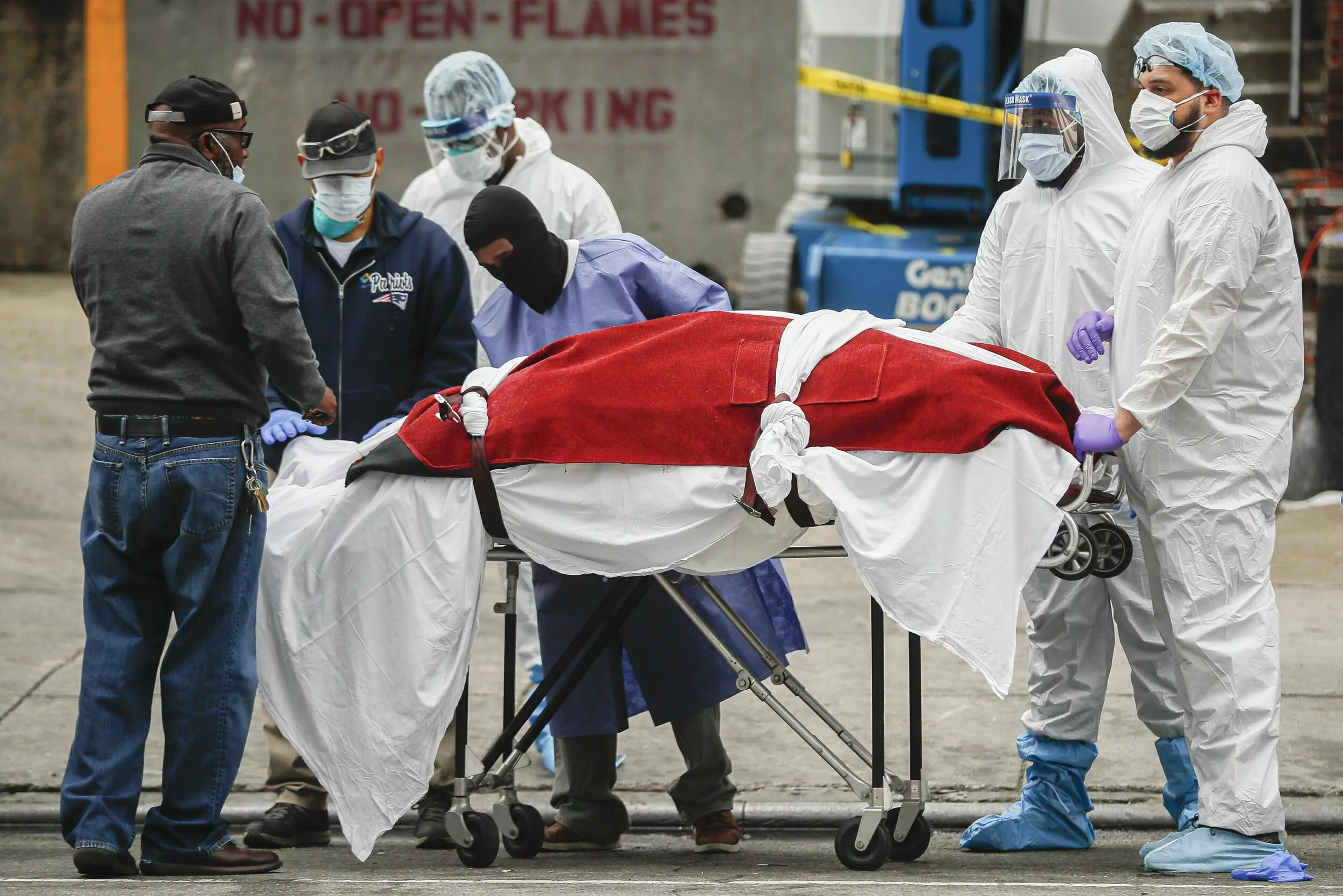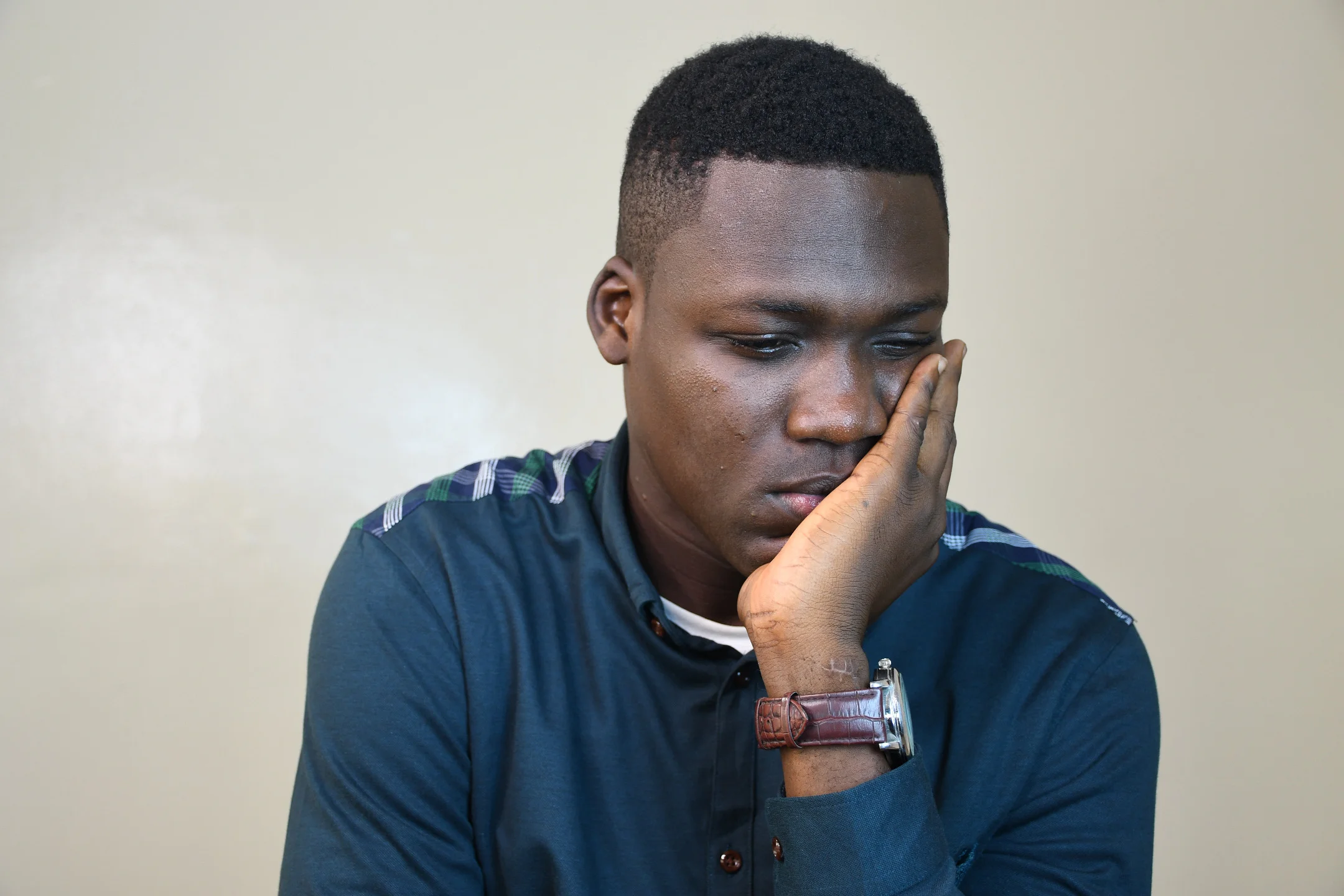The documentary Voyeur (2017) has two subjects. The first is Gerald Foos, a voyeur who secretly observed guests at his motel. Foos built an observation platform above the motel’s rooms and spent decades spying on guests through fake ceiling air vents. In violating the privacy of his guests, Foos witnesses their unmanaged backstage selves in addition to sexual acts, heated arguments, and even a murder. Even more intriguing, Foos considers this to be his “research”
Ethical Problems in Early Twins Studies
Philanthrocapitalism
DW Documentary, 2022, 42:25… From the video’s description: Across Africa, lobbyists, philanthropists and businesspeople are working to open up the continent to GMOs. They argue that GMOs can provide a miracle solution to two of Africa’s biggest problems: famine and malaria. One of the main supporters of the movement is Bill Gates, one of the world’s wealthiest individuals and founder of the most powerful philanthropic foundation in history. The film shows how the Bill & Melinda Gates Foundation became the main funder of genetic experiments underway on the continent. Discreetly and beyond the reach of critical voices, scientists are conducting research on the genetic modification of cassava plants and mosquitoes as a solution to the malaria problem.
Racism & Medical Progress
Real v Conspiracy Theories
Vice, 2021, 7:03… It’s been well established that belief in conspiracy theories is related to a disbelief in actual science. The whole toxic frustration of conspiracy theorists is that they can never be proven wrong – all evidence against their ideas just becomes part of the conspiracy. This is largely why, even though they seem obsessed with science, they always get actual science so wrong. From the moon landing to flat earth to 5G, there has been a constant battle in modern times between science and conspiracy.
Beyond White Psychology
Vice News, 2020, 11:07… Alzo Slade participates in an “Emotional Emancipation Circle,” an Afrocentric support group created by the Community Healing Network and the Association of Black Psychologists. It’s a safe space for Black people to share personal experiences with racism and to process racial trauma.
Undercounting COVID-19 Deaths
Social Desirability Bias
Deconstructing Pandemic Charts
Vox, 2020, 4:57… It's important to know how the process of data visualization can shape our perception of the coronavirus crisis. In this video, we deconstruct one particularly popular chart of covid-19 cases around the world which uses a logarithmic scale, and explain how to avoid being misled by it.
Skewed Drinking Statistics
Sex and Race Bias in Medicine
Last Week Tonight, 2019, 22:37… The intersection of sex and race bias is particularly deadly for women of color who are often not believed by their physicians. Medical students are often taught there are biological differences between the races in terms of skin thickness, pain tolerance, and nerve endings. There are also the problems of implicit biases and structural problems in medicine. For example, the male body has traditionally been the default reference in medical research. In other words, most medical studies have been done on male bodies.
Digital Archeology
Broscience & Fitness Advice
Quartz, 2019, 8:04… Online fitness advice is notoriously bad. So why is it so popular? Exercise gurus and fitness influencers are all over social media with supplements and research claims. Broscience is in your feed telling you about fad diets and free weights — but how much is actually supported by science? Quartz News speaks with scientists, researchers, and fitness experts about the sources and research behind the proliferating stream of advice online.
How Visual Sociology Ended Child Labor
Vox, 2019, 6:35… Child labor was widely practiced until a photographer showed the public what it looked like. The 1900 US Federal Census revealed that 1.75 million children under the age of 16, more than one in five, were gainfully employed. They worked all over the country in cotton mills, glass blowing factories, sardine canneries, farms, and even coal mines. In an effort to expose this exploitation of children, the National Child Labor Committee hired a photographer to travel around the country and investigate and report on the labor conditions of children.
When An Experiment Goes Wrong
Researching Racism in Yearbooks
Race, Ethnicity, and DNA
Vox, 2019, 7:24… At-home DNA ancestry tests have become hugely popular in recent years. More than 26 million have taken one of these tests. If their marketing is to be believed, they can help you learn where your DNA comes from, and even where your ancestors lived. But the information that can be inferred from your DNA is actually much more limited than testing companies are letting on. And that has lead consumers to misinterpret their results — which is having negative consequences.
Beneficent Polluters
PBS Newshour, 2019, 9:51… UC Berkeley sociologist Arlie Hochschild traveled to Louisiana, the second-poorest state, to explore why its neediest populations simultaneously rely on federal aid and reject the concept of “big government.” As Paul Solman reports, the author and professor discovered many residents feel betrayed by their state's government for failing to protect them from toxic pollution that risks their health.
The Happiest Country In The World
Vice News, 2019, 4:36… Finland has been declared the happiest country in the world for the second year in a row. On Wednesday, the United Nations released its annual World Happiness Report and confirmed the Nordic country as the reigning champion of joy. But in many ways, the land of frigid temperatures and dark winter days seems like the most unlikely of choices.
How AI Could Reinforce Biases In The Criminal Justice System
CNBC, 2019, 8:33… Increasingly, algorithms and machine learning are being implemented at various touch points throughout the criminal justice system, from deciding where to deploy police officers to aiding in bail and sentencing decisions. The question is, will this tech make the system more fair for minorities and low-income residents, or will it simply amplify our human biases?




















